One of the sessions I attended at MTNA conference was a panel of teachers that shared some interesting stats, thoughts and information on the topic: Is Piano Study Declining? If so, what can we do about it? I wanted to share my notes from this session as I find it very interesting and am curious to what your thoughts are on this subject…
- 1988-2010
- Slight increase to late 80’s and then flat since then in piano…
- DMA increases more and continuing to increase
- BM declines quite a bit starting in late 80’s
- MM also declines (not as much but continues)
- 41% say % students declined in undergraduate
- DMA increased
- Pop of US students declining
- Some comments- “W/o asian students we would have to close” etc.
- Job market for graduates are declining
- Over half of them said piano study is declining
- “fewer students are serious about study”, “more competition for students time,” “fewer choosing to major in music”
- Demographics- more younger starters, fewer 10 year old, HS beginners, more older adult students
- Environment- Sports programs, academic demands, social pressures, arts valuation (not a good way to earn a living)
- Endorsement- School music programs- If you have a good school music teacher and a good program they encourage students to take lessons, Economic status, other instruments (guitar is popular)
- Technology- Internet, DVD’s, Electronic keyboards (single button chords)
- The market has changed! As IMT’s we must adapt to the market. Less school age children learning, more RMM adult students wanting to learn.
- No publisher is going to share their sales data so hard to answer the question.
- IBIS world industry report (sheet music publisher in US)
- Since 2006 sales has declined 3.9%
- Could be due to free music online, schools closing, programs closing, etc.
- 19% of music sales is classical music
- 18.9% Christian music
- 13% Children’s music (methods, supplementary, etc.)
- Printed music sales: flat (hasn’t gone anywhere)
- Same # of beginning students
- Students studying for shorter period of time
- Same # of adult beginners
- Increased # of self study materials
- Overall piano study: same or slighly declining
Digital formats for music-
- In it’s infant stages
- Pop music leading the way
- Size of notebooks (disadvantage to printed music)
- Ability to write ondigital format (also disadvantage)
- Feb/March issue of Am. Music Teacher read article on music teachers
- No definitive numbers exist so taken from the music trades
- Grand piano sales have decreased dramatically from 2005-2009
- Upright slightly better but not much.
- Digital piano’s goes up and down
- Keyboard sales 2007-08 go down but coming back up
- Keyboards under $199- slight decline but coming back up.
- We never see these students because they give up ie: poor instrument
- We need to build our career and be versatile (play for funerals, weddings, church, etc…)
- Membership has remained more or less the same (22-25,000)
- This year 23,000 members- 80-85% are piano teachers
- HS competitors have remained about the same.
- Most teachers have told him that they have the amount of students they want, have smaller waiting lists, fewer calls.
- Rural areas seem to be impacted more.
- Newsweek magazine survey. Top 10 lucrative (doesn’t pay) majors- #1 Journalism #2 Horticulture… #7Music
- Entertainers (musicians, singers, etc.) expected to grow 8% between 2008-18.
- Fast as average for all occupations.
- Most new jobs will be in religious organizations.
- Slower than avg growth for self employed musicians.
- Musicians must be knowledgeable about a broad range of musical styles,
- Talented individuals who are talented at multiple instruments and/or styles will have the greatest prospects.
- Self ed expected to increase by 33%.
- RMM adult recreational programs will increase, need will grow.
- Employees in music stores decreased in 2001 (when iPad came out) rom 80,000 to 20,000.
- Music teachers who are willing to gig, other type of music jobs, diversify, will have the most opportunities.
- Music teachers that view it as a profession and not just a “hobby” will last longer. Certification importance may increase (people will start looking for this), more competition in the market. The future will demand that we compete.
- The new things with the traditional will be more successful.
- Find out what the customer wants and adapt.
- “The only time meaningful changing occurs is when you feel threatened. We need to assume that piano study is declining.” Brian Chung
- We need to get on FB, YouTube, Craigslist, web presence, Linked In, have a website, etc.
- Take your complaints and ask why and what can we do? ie: soccer, why is soccer so popular, what can we do? (Team, social opportunities)
- Make sure parents know that Med schools, law schools and business schools LOVE music majors or students that have studied music.
- The teachers that are doing better in struggling areas are investing time & money in learning marketing skills.
- Think out of the box, participate in many things, create a name for yourself, get out there.
Be sure to ‘Like’ Music Educator Resources on Facebook and follow Music Educator Resources on TpT to stay up to date on giveaways, discounts, reviews and other music resources! And don’t forget to join the exclusive email newsletter!
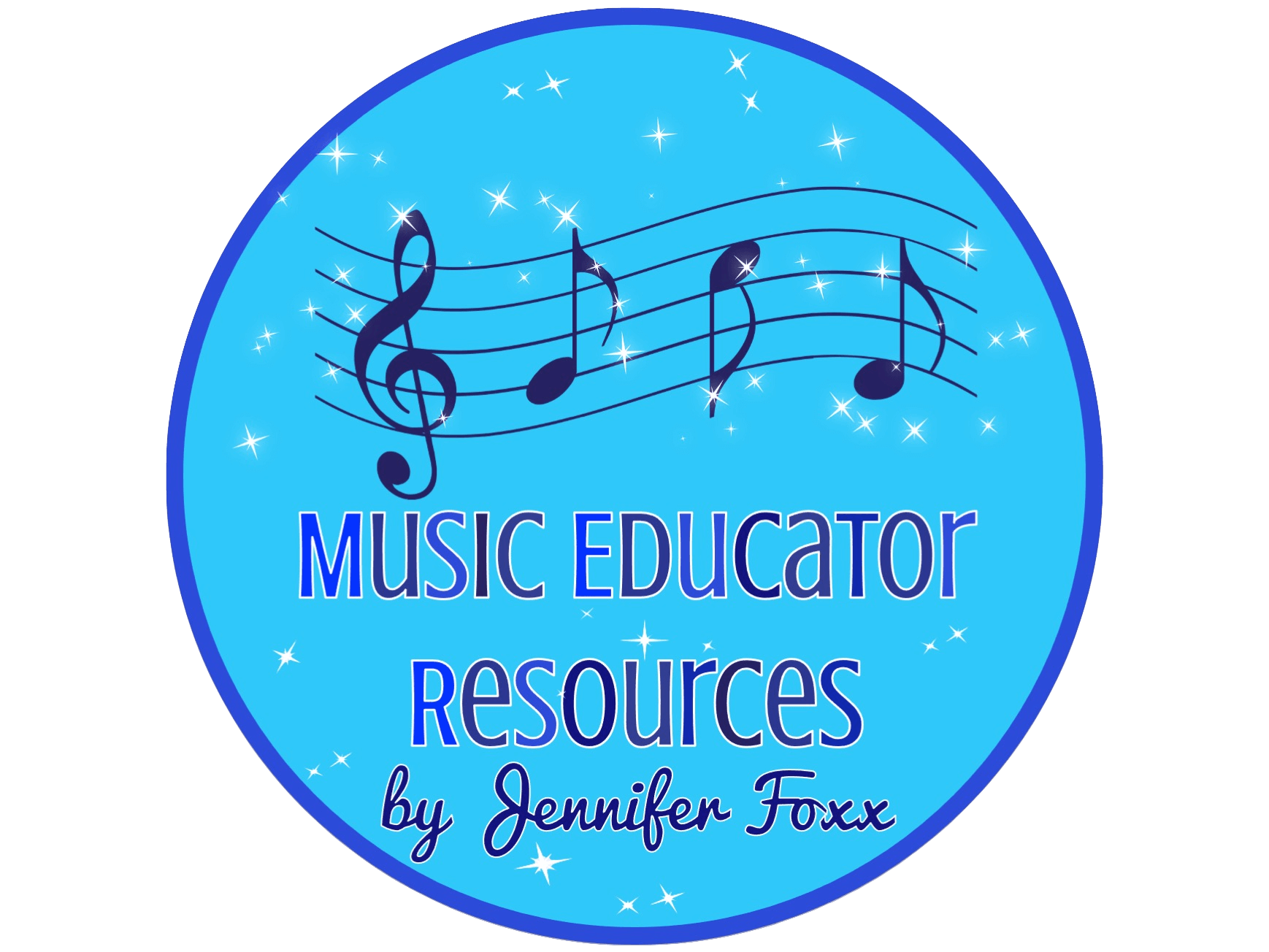
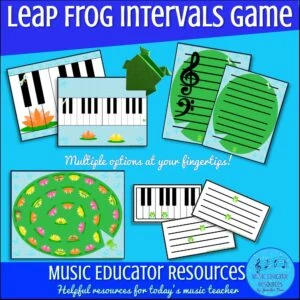
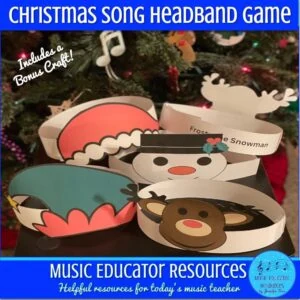
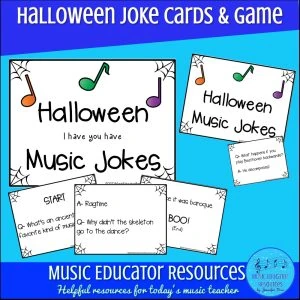
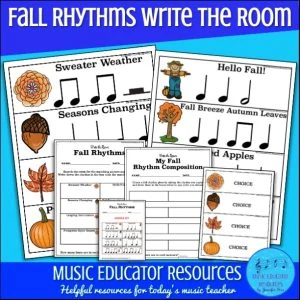
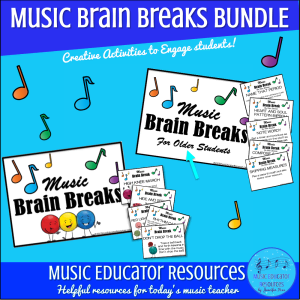
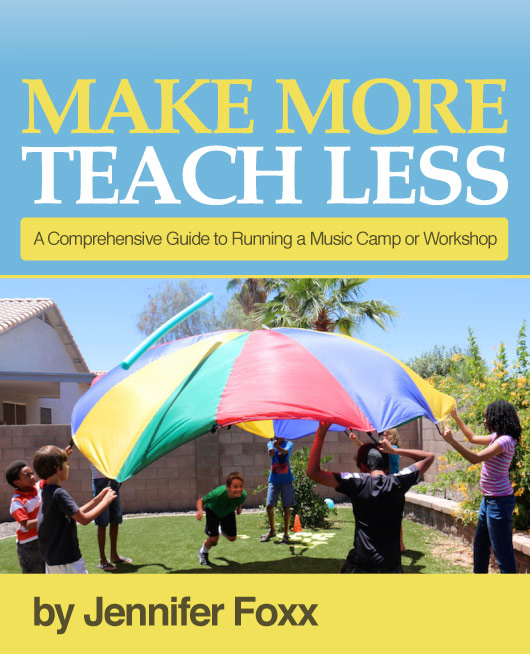
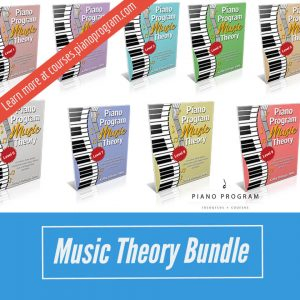
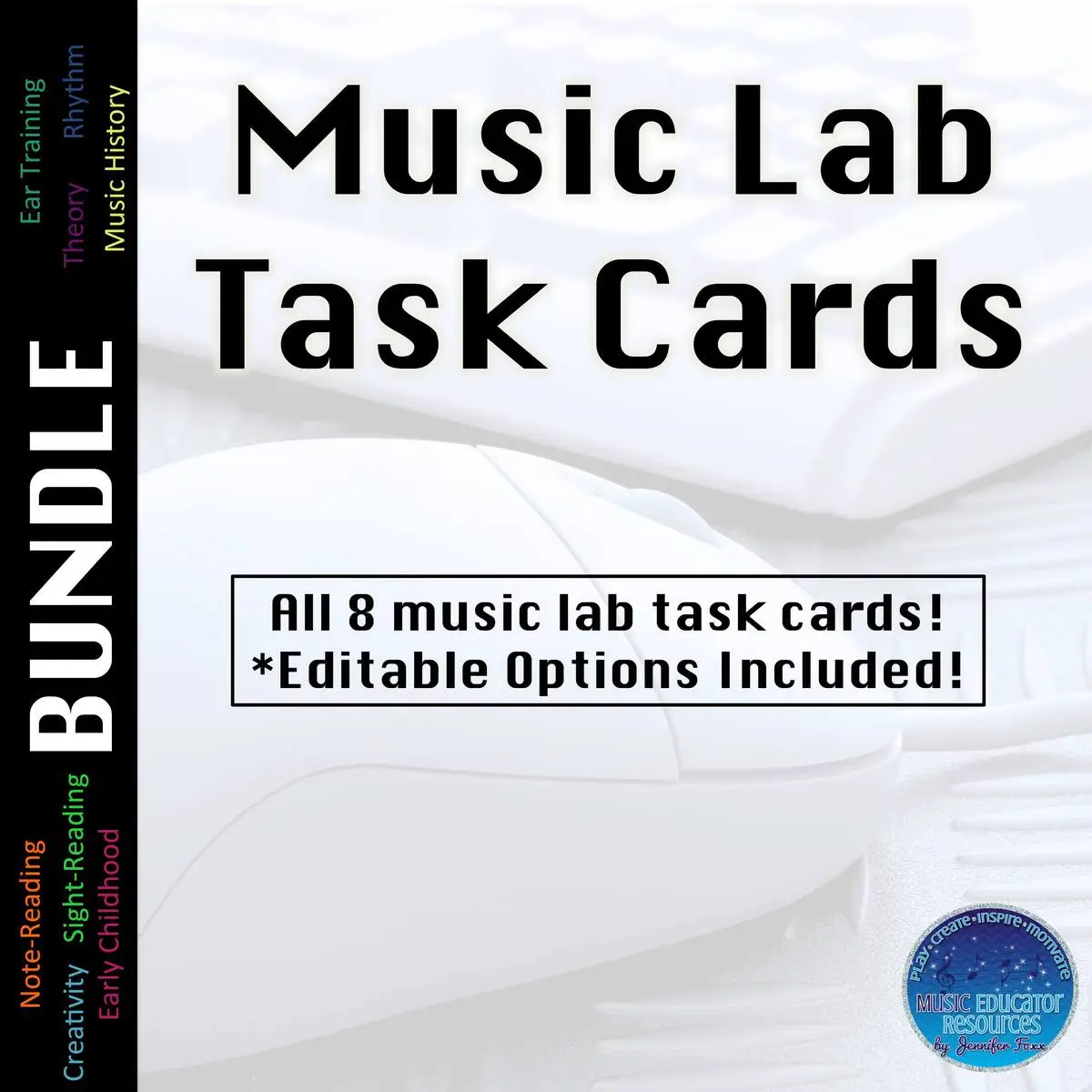
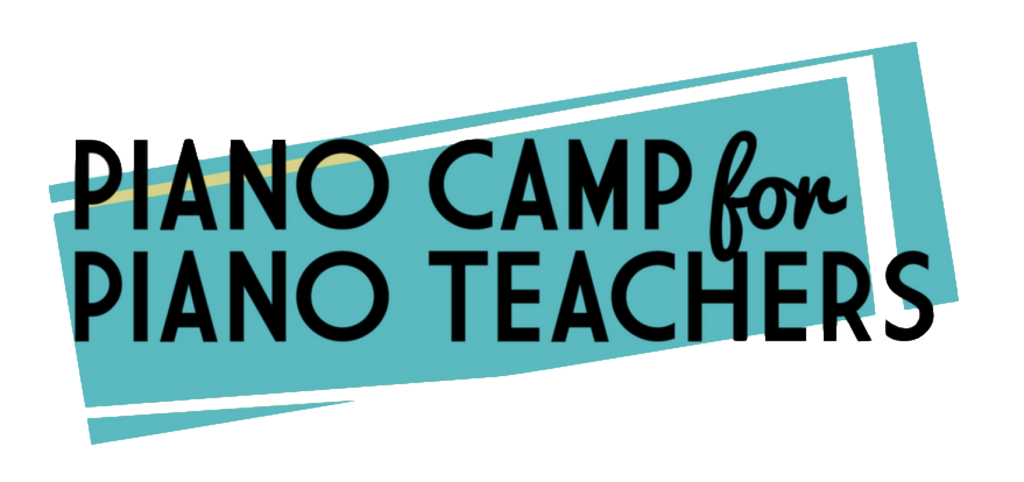
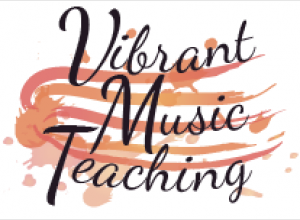

The thriving part is RMM–a partnership with local adult ed and local piano store. Adult private students need more flexible arrangements–a third of my adult private students are “regular students” (long term, pay by the month). The rest are “special students”–pay as they go at a slightly higher rate. I wouldn’t have these students at all if I didn’t have a flexible option, but it does leave holes in the schedule from time to time.
That is great that RMM is working for you Alice! I know where I live most of our piano store’s have closed down, so partnering with a piano store to hold RMM classes is really hard to do, there just isn’t a lot available. However, I think it is still possible to do RMM in your home provided that you have enough of the equipment, it would probably just have to be on a smaller scale. I’ve seen a teacher do RMM classes using just one piano and they take turns Red Robin style at the piano while the others are still actively participating in some way whether clapping to the rhythm or practicing on a “plastic keyboard”.
Where I live does not fit the norm. There are so many teachers here that I joke that you can’t turn around w/o stepping on one. :o) 5 piano teachers are within a 2 minute walk from my home. All of us have a decent load of students. 2 have wait lists. If you walk 5 more minutes away, you have at least 4+ more teachers with 2 of them having wait lists and the others content with their studio sizes. The majority of families here expect their children to take lessons for a few years AND play sport, etc. Most teens here have had lessons at some point in their life and some have had lessons for a variety of instruments or for voice. The main reason for this is because of culture/ religion where we have lay musicians and this starts in the youth groups where the teens, (12 – 18) volunteer or are assigned to play throughout the year.
FYI, the studios with wait lists have teachers that have their BM or MM degree. So education pays! :o)
I can’t help but ask if you live in Utah Tami. Ha! Ha! Utah is the only place that I know of that is like that. (I lived in Tooele for 9 years.) However even though there is no shortage of teachers and maybe students there are other challenges there as I’m sure you know. 😉 I guess when you have an over abundance of teachers in an area you really need to figure out what makes you different from all the others, whether it’s higher education or something you provide that others don’t to help you stand out.
Yup. There is a saturation of teachers. As two of them are very good friends and neighbors the challenge is advertising in a way that doesn’t take students away from them. I did have to find my nitch. My focus is in teaching students who have learning disabilities; confidence issues; or are young. So this means a lot of off the bench work and other extra support such as practice partners and student teachers. I focus on primer to level 4 and then boot them out to work with a teacher who has a degree in music or piano performance. By then the child is either serious about studying piano or has already dropped out.